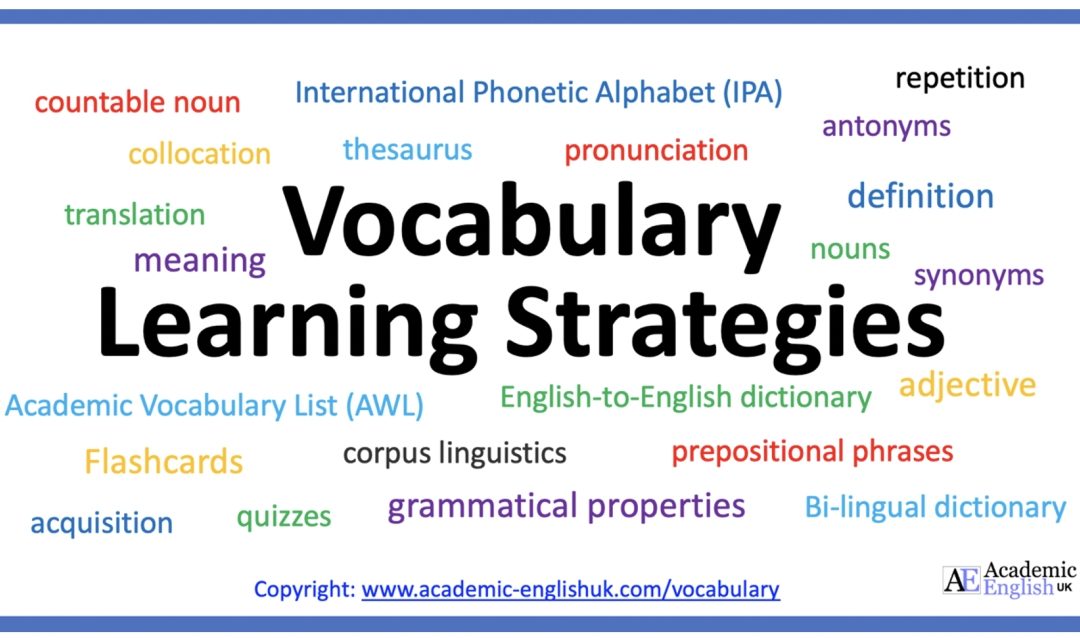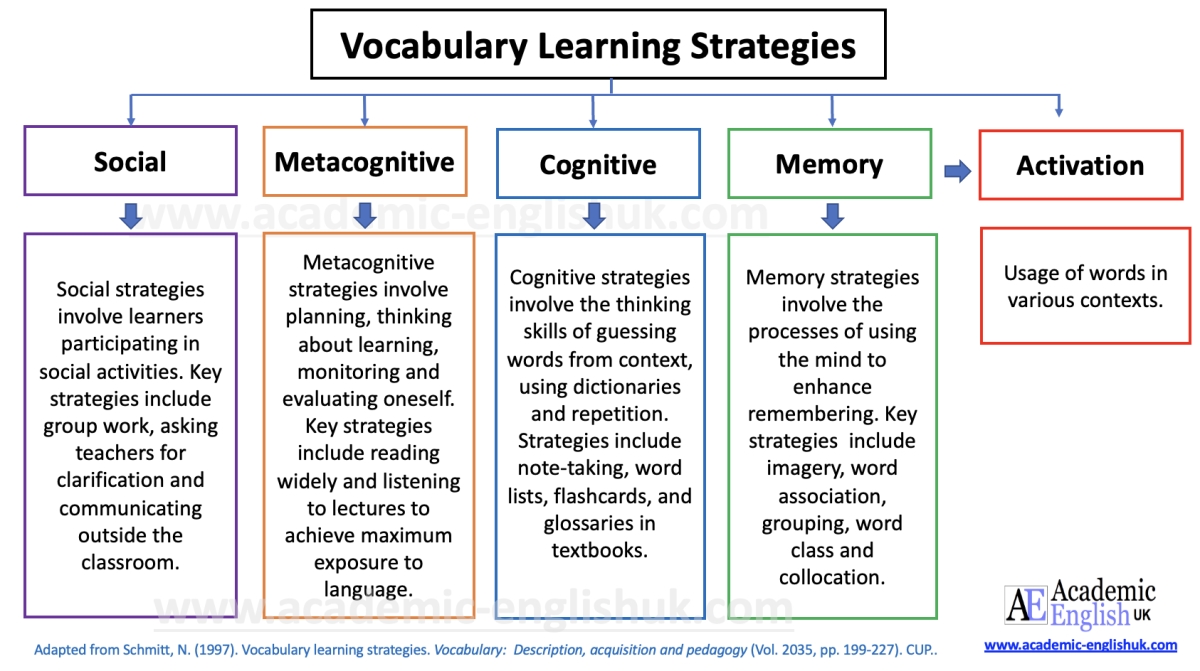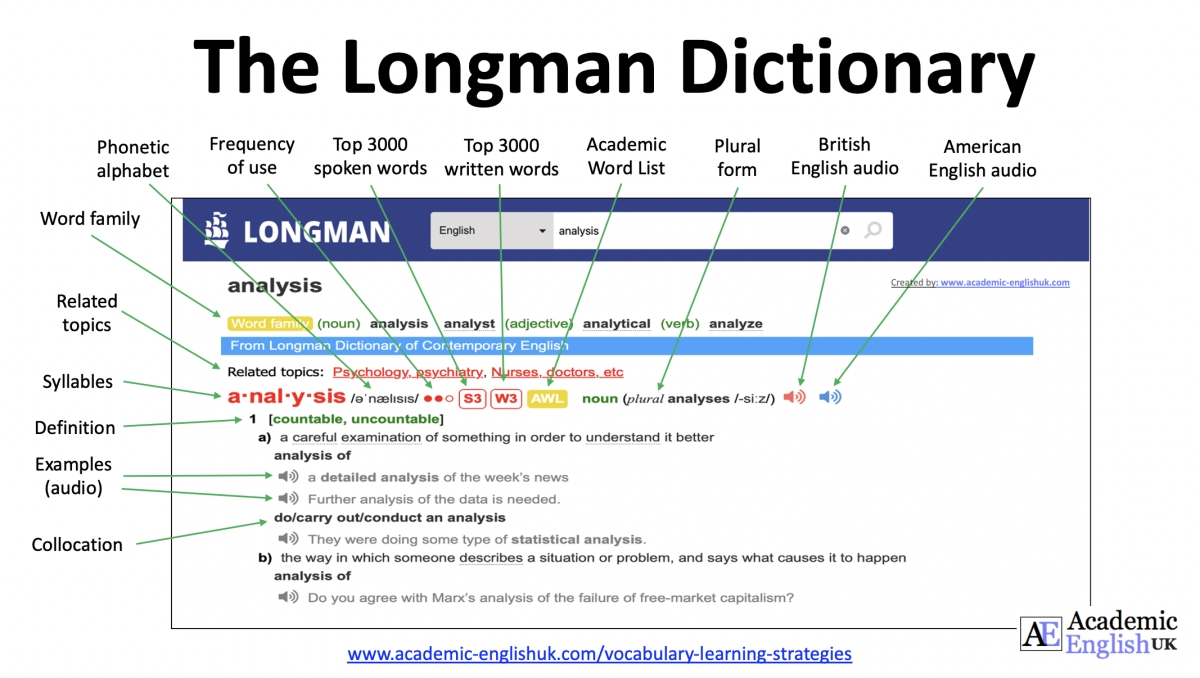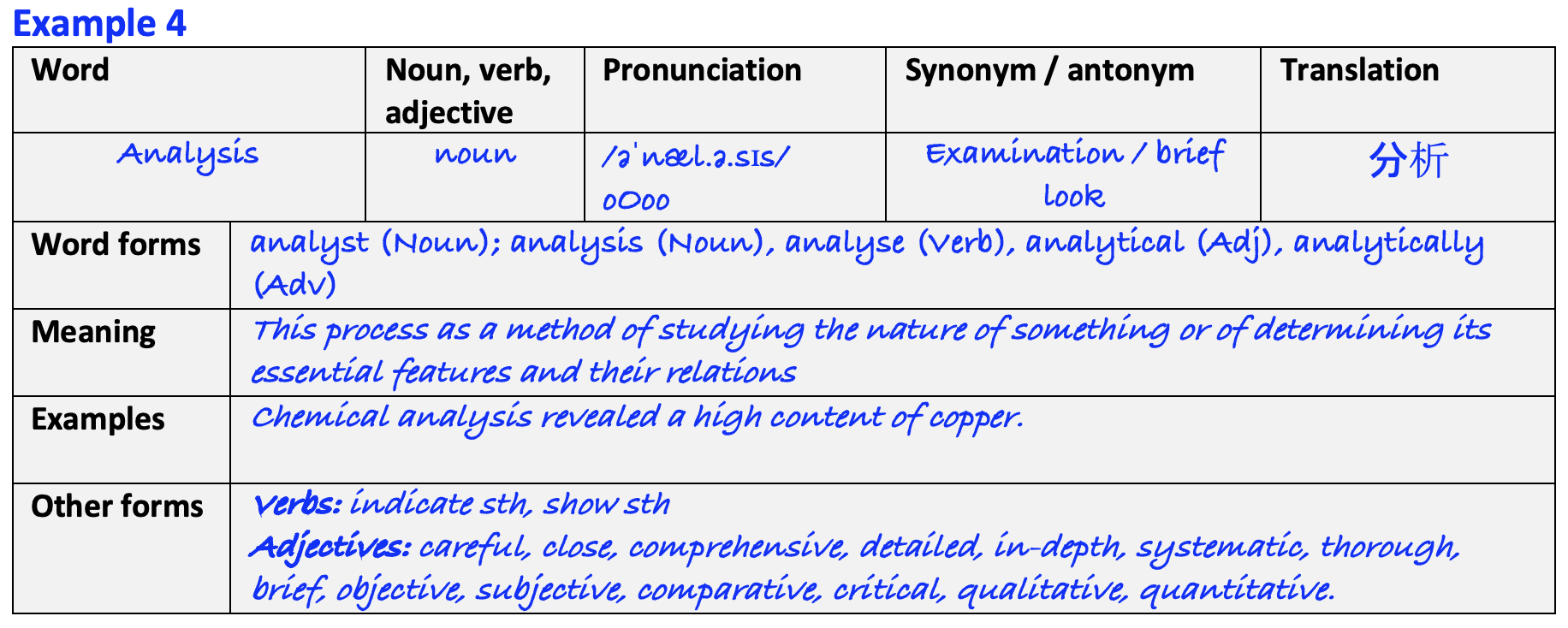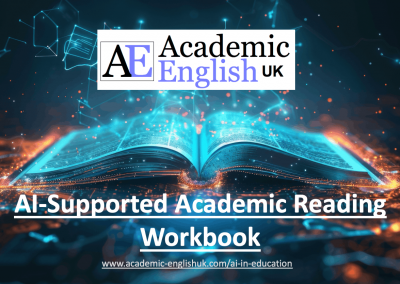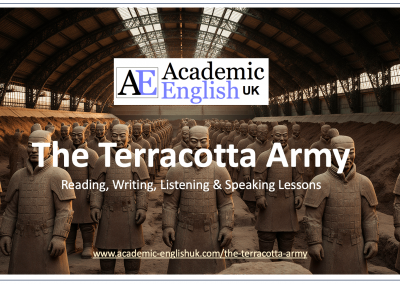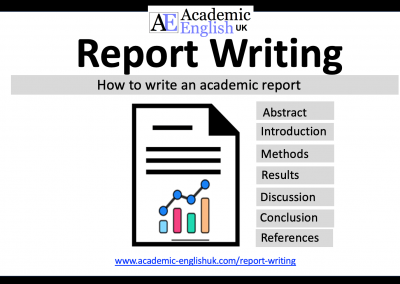Vocabulary Learning Strategies
What are vocabulary learning strategies?
Vocabulary Learning Strategies (VLS) are a way to improve students’ understanding of vocabulary learning. This webpage and lesson introduces students to learning vocabulary theory and Schmitt’s Vocabulary Learning Strategies (VLS). The download lesson includes a range of tasks from investigating different dictionaries, understanding dictionary terminology, recording vocabulary and using a range of digital quizzes and exercises.
The theory of learning vocabulary
Learning vocabulary is a repetitive process and takes time. It has been claimed that you can learn 30-50 words a day but the actual number of words you can learn in a day is actually ‘zero’. This is because the brain doesn’t retain anything you learn in a day as long-term. The brain has on average 6,000 thoughts a day (Tseng & Poppenk, 2020) so to remember a word you learned last Wednesday but haven’t recalled since can hardly compete. In fact, most scholars agree that you need to review a word again and again many times before a word becomes ‘acquired’. Vocabulary language acquisition is the process to perceive and comprehend the vocabulary learned as well as to produce and use these words in sentences to communicate through speaking and writing (Lightfoot, 2010). Nation (2001) states that mastering a new word certainly involves such abilities as form recognition (pronunciation, spelling, derivations) and knowing its dictionary meaning. Knowledge of its specific grammatical properties, however, as well as the ability to use the word appropriately in certain contexts, and its functions (frequency and appropriateness), are all a necessary part of the vocabulary mastery process. According to Schmitt (1997), Vocabulary Learning Strategies (VLS) play a crucial role in language learning due to their contribution to helping learners develop independent language competence and self-development. There are four key strategies (see infographic). [text written & copyright of Academic English UK – no unauthorised use]
Video Worksheet – click here
References
- Lightfoot, D. (2010). Language acquisition and language change. Wiley Interdisciplinary Reviews: Cognitive Science. 1(5): 677–684. doi:10.1002/wcs.39.
- Nation, I. S. P. (2001). Learning Vocabulary in Another Language. Cambridge: Cambridge University Press.
- Schmitt, N. (1997). Vocabulary learning strategies. In N. Schmitt & M. McCarthy (Eds.), Vocabulary: Description, acquisition and pedagogy (pp. 199-227). Cambridge: Cambridge University.
- Tseng, J., & Poppenk, J. (2020) Brain meta-state transitions demarcate thoughts across task contexts exposing the mental noise of trait neuroticism. Nat Commun 11, 3480. https://doi.org/10.1038/s41467-020-17255-9
Vocabulary Learning Strategies Download
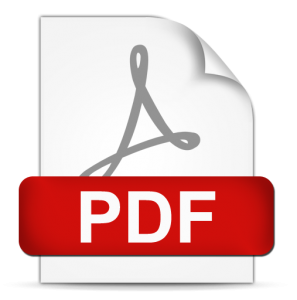 Vocabulary Learning Strategies (VLS)
Vocabulary Learning Strategies (VLS)
This lesson is designed to improve students’ understanding of vocabulary learning. It introduces the theory of learning vocabulary and Schmitt’s VLS. The lesson includes a range of tasks from investigating different dictionaries, understanding dictionary terminology, recording vocabulary and using a range of digital quizzes and exercises. Example. Level ***** [B1/B2/C1/C2] TEACHER MEMBERSHIP / INSTITUTIONAL MEMBERSHIP
Schmitt’s Vocabulary Learning Strategies
Dictionary Use
A good place to start is with an Advanced Learners’ Dictionary. Monolingual (English-to-English) dictionaries are valuable learning tools as they offer a wider degree of lexical information including definitions, pronunciation guides, example sentences, word forms (parts of speech), collocations, synonyms, audios, and corpus use.
Research seems to suggest that monolingual dictionaries are more beneficial than bilingual dictionaries because:
‘Monolingual dictionaries help students in thinking in English which can help improve their proficiency’ (Wajahat, Mudassar & Faiza, 2019).
Students using monolingual dictionaries ‘will be exposed to the [lexical] knowledge and they can unconsciously acquire language effectively’ (Aboghunaim, 2019).
References
-
Aboghunaim, N. (2019). The effect of monolingual and bilingual dictionaries on the foreign language learners’ acquisition. International Journal of Applied Linguistics and Translation. 5. 55-57. 10.11648/j.ijalt.20190504.11.
-
Wajahat, A., Mudassar, M.M. & Faiza, E. (2019). Monolingual dictionaries. International Journal of Education and Literacy Studies. 10.13140/RG.2.2.21741.33762.
Want more? Buy our download lesson – lots more recommended dictionaries to try.
Vocabulary development techniques
Read through these methods and highlight the important points.
Where?
Where will you record your vocabulary? There are many places this can be done. A traditional method would be a physical paper notebook, or a more modern practice would be using digital flashcards (Quizlet) or note-taking Apps (Notability / GoodNotes).
How?
How will you record your vocabulary? There are a range of methods but research suggests that cognitive strategies of exploring a word in detail will aid memory acquisition faster. Try to include:
i. Importance
Firstly, and most importantly. Only focus on words that are relevant to you. Words most be meaningful to you and have a specific context. E.g. if you are studying medicine, focus on improving your medical vocabulary. Don’t waste time learning random words
ii. Meaning
Writing a definition instead of a translation gives you the advantage of being able to think about the word in English instead of simply relating it to the equivalent in your own language.
iii. Part of speech / word class
It is important to note if the word is a noun, a verb, or an adjective. You can also add the other word forms too.
iv. Pronunciation
You can note pronunciation in phonemic script using analysis as an example / əˈnæl. ə .sɪs/ or phonetic respelling /uh–nal–uh-sis/ or even just syllables and stress /oOoo/.
v. Translation
Many students write direct translations into their own language as this can aid memory.
vi. Example sentence
Always include an example sentence as this will help you understand the word in context.
vii. Collocation
Noting down collocations will benefit the understanding of how words connect together and enable better fluency in communication.
viii. Synonyms and antonyms
Collecting synonyms and antonyms will help develop your vocabulary understanding of the word and provide a variety of similar words that can be used in place of the word.
ix. Images
Images are far more memorable than words, so adding images to vocabulary will enhance the memory of that word. This is sometimes referred to as the picture superiority effect.
x. Mnemonics
A mnemonic is a form of word or phrasal association that helps to remember word’s definitions and uses. An example would be ‘Richard of York gave battle in vain’ or ‘ROYGBIV’. This phrase aids the memory of the sequence of colours of a rainbow: red, orange, yellow, green, blue indigo and violet.
Internet vocabulary websites
Here are a whole range of internet sites you can use to improve your vocabulary. Investigate each site and take notes on what each site does. Also, decide if it is something you will use.
i. Flash Card Study Sets
ii. Word-of-the day
iii. Quizzes
iv. Other interesting vocabulary sites.
What more? Buy our download lesson – lots more vocabulary learning websites
Vocabulary Learning Strategies Download [new 2022]
 Vocabulary Learning Strategies (VLS)
Vocabulary Learning Strategies (VLS)
This lesson is designed to improve students’ understanding of vocabulary learning. It introduces the theory of learning vocabulary and Schmitt’s VLS. The lesson includes a range of tasks from investigating different dictionaries, understanding dictionary terminology, recording vocabulary and using a range of digital quizzes and exercises. Example. Level ***** [B1/B2/C1/C2] TEACHER MEMBERSHIP / INSTITUTIONAL MEMBERSHIP
Text Exploitation
Text exploitation: how to exploit a text to facilitate learning [new 2020]
This lesson / worksheet helps improve students’ independent learning skills. It includes 6 tasks (vocabulary, grammar, cohesion, summary, paraphrase & referencing) on how to use text to facilitate learning (see worksheet example) Level ***** [B1/B2/C1] TEACHER MEMBERSHIP / INSTITUTIONAL MEMBERSHIP
Improve your Vocabulary Reading Lesson
 Reading lesson: Improve your vocabulary
Reading lesson: Improve your vocabulary
A great reading lesson on how to improve your vocabulary. The lesson starts with a discussion followed by a reading text with test type questions. The lesson includes teacher’s notes, question sheet, reading text and research website links. Example. Words: 500. Lower-levels ***** [B1/B2], TEACHER MEMBERSHIP / INSTITUTIONAL MEMBERSHIP
Critical Thinking Text analysis
Critical thinking – reading text analysis
A great lesson for developing and practising critical thinking skills. It is a 400-word text on ‘going to university’ with over 15 possible problems. Students use the higher level thinking skills of analysis and evaluation to examine, question and critique the text. Example. Level: ***** [B1/B2/C1] TEACHER MEMBERSHIP / INSTITUTIONAL MEMBERSHIP

